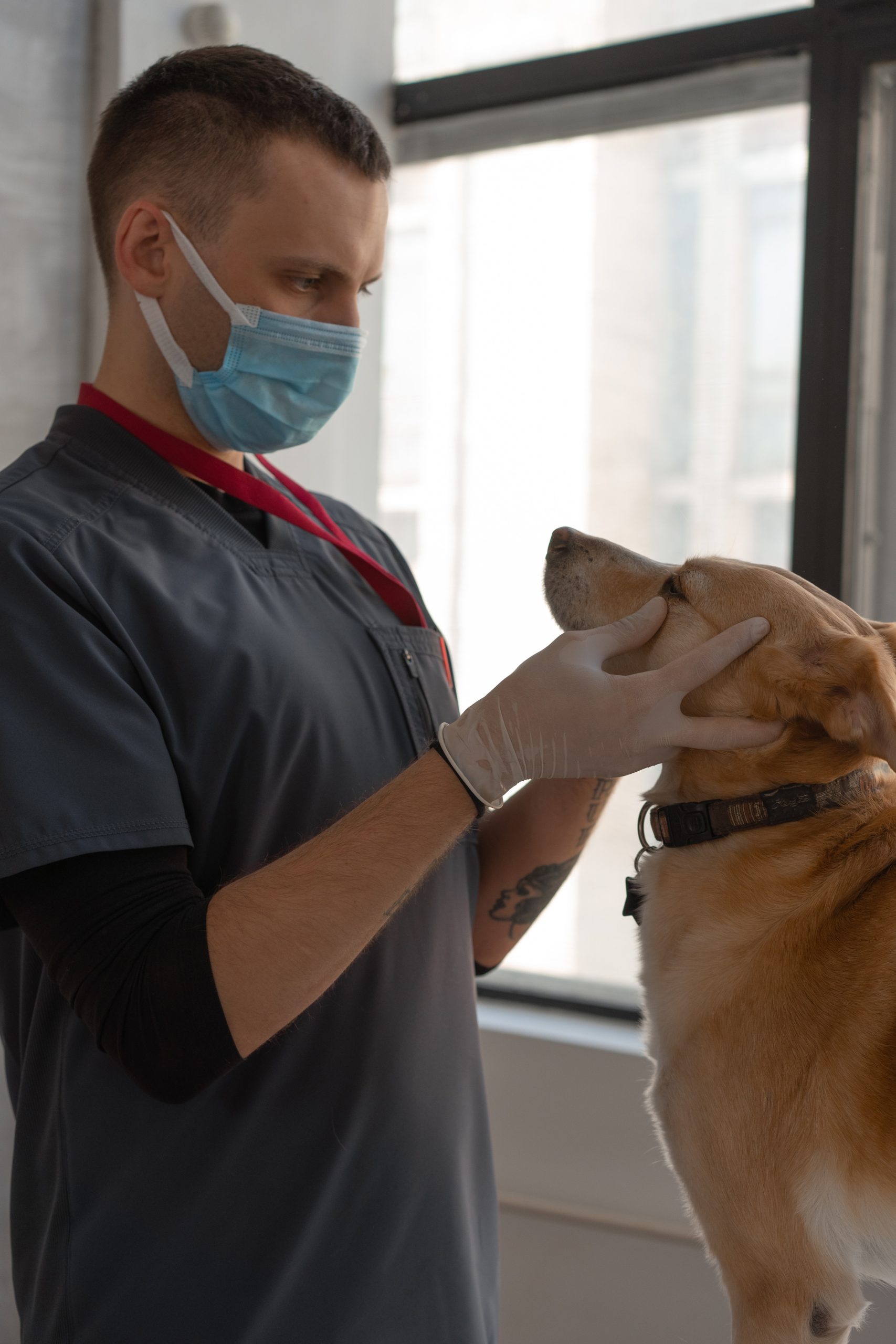Second, opinions are integral to human medicine but are equally important when deciding on pet surgery. A second veterinary opinion can provide clarity, alternate options, and peace of mind. For pet owners, it’s an opportunity to cross-check a pet treatment and ensure the proposed solution is optimal for their furry friend.
Determining the Right Time for a Second Opinion
In certain situations, seeking a second opinion regarding your pet’s health is prudent. Below are a few factors that indicate it might be time to seek a different perspective:
- Persistent Pet Symptoms: Like us, pets can suffer from ongoing health problems. If your pet’s symptoms persist or worsen after treatment, this might be a sign that you need a second opinion. A different veterinarian might spot something overlooked or propose a different treatment approach.
- Diagnosis of a Rare Disease: A second opinion can be incredibly beneficial if your pet is diagnosed with a rare or unusual disease. Diverse veterinary perspectives can confirm the original diagnosis or offer new explanations and solutions for your pet’s symptoms.
- Considering Surgery: If a vet suggests a surgical solution for your pet’s health condition, seeking a second opinion is a sensible precaution. This is particularly true when contemplating pet surgery in Brooklyn, NY, or any specialized area. Another professional in the field may advise less invasive, alternative treatments for your pet’s condition.
Considering High-Risk Treatments
Surgery, without a doubt, ranks among the high-risk treatments for pets. The likely complications and post-operative care involved make it an animal surgery second thought.
Pet Surgery Risks
Before proceeding with a surgical intervention for your pet, it’s crucial to understand the associated risks. Pet surgery risks can vary depending on the procedure and your pet’s health condition. Some may be minor, like a surgical site infection, while some could be major, compromising your pet’s quality of life.
Considering Alternative Treatments
This is where a second opinion in pet care shines through. Second opinions may reveal alternative, safer, or less invasive treatments for pets. Veterinary dental care and surgery are where alternative treatments often come into play. Regular pet dental care can prevent many conditions that might otherwise require surgical intervention.
Navigating the Process of Seeking a Second Opinion
When faced with a significant veterinary decision for your pet, obtaining a second opinion is a wise course of action. However, the journey can present its unique set of challenges.
Here’s how to navigate the process:
- Validate your Decisions: Asking for a second opinion is not a sign of mistrust in your primary vet. It’s rather an instance of employing the best medical practice for pets. You’re proactively seeking to review your pet’s diagnosis and possibly discover beneficial alternative treatments.
- Address Doubts and Fears: The decision to seek a second opinion can be accompanied by worry about offending your vet or questioning its worthiness. As a veterinary care consumer, it’s essential to remember that your ultimate goal is ensuring the best possible care for your pet. Respectful communication about your plan can help preserve your relationship with your primary vet.
- Set Clear Expectations: Prepare for the second opinion consultation by anticipating a thorough review and possibly a deeper dive into your pet’s health condition. Be ready to communicate openly and transparently about your pet’s medical history and health status. Knowing what to expect can help lessen anxieties and facilitate a more productive consultation.
Navigating this process might seem daunting, but remember it serves a purpose: enhancing your pet’s health and possibly their lifespan, too.
From Opinion to Decision: What to Do After a Second Opinion
It’s crucial to critically evaluate the advice from both veterinarians to make an informed decision.
Understanding Diverse Veterinary Perspectives
There can be diverse veterinary perspectives when you consult different animal doctors. It could be due to different knowledge bases, experiences, or approaches to diagnosis and treatment. This variation isn’t necessarily bad – it can help form a more rounded view of your pet’s situation.
Making the Best Decision for Your Pet
The ultimate role of a pet owner is to make the best decision for their furry friend. It’s about questioning pet surgery if necessary and trusting your gut in pet care. It’s important to remember that every veterinary hospital or clinic has a website where they mention their specializations, experiences, and reviews.
This can be an excellent source to know more about the vet facility before deciding to go for a second opinion. Considering all these factors will ultimately help you form your pet’s health second opinion, ensuring your pet’s best care and well-being.
Final Thoughts
Numerous factors influence the decision to seek a second opinion for your pet’s surgery, from persistent pet symptoms to the diagnosis of rare diseases to highly risky treatments. Evaluating the surgical risks, seeking alternative treatments, and addressing your doubts and fears are all part of the process. By seeking a second opinion, you’ll be able to understand diverse medical perspectives and make well-informed decisions for your pet’s health, affirming the maxim that two heads are indeed better than one when it comes to your pet’s health.




